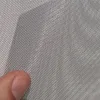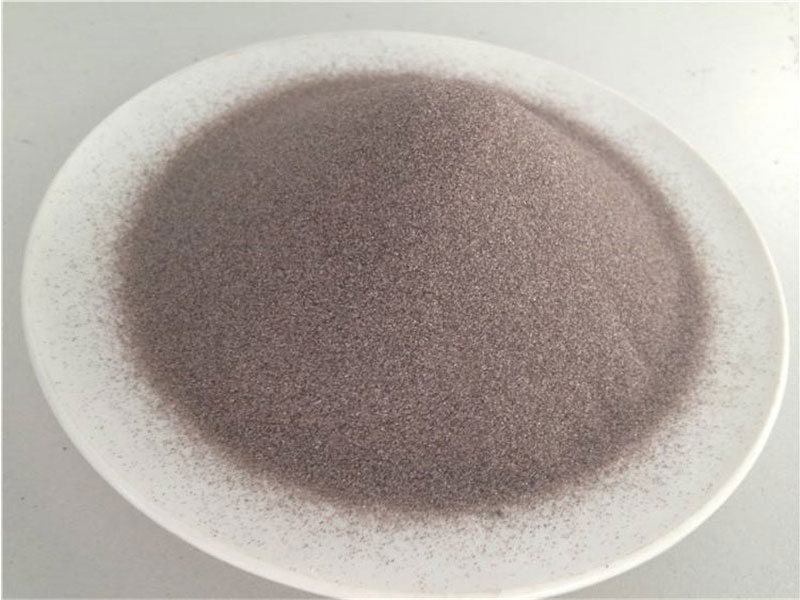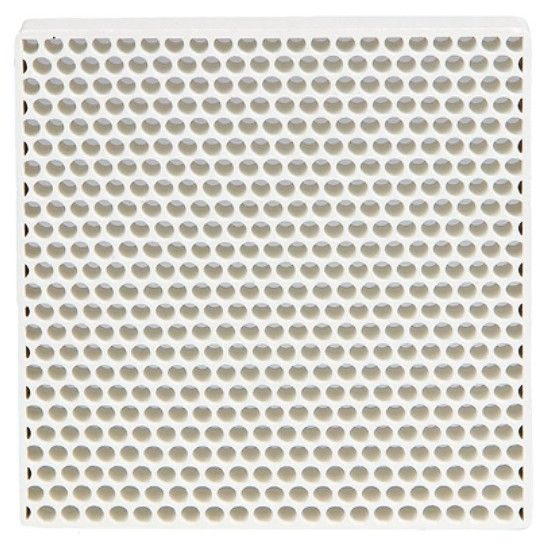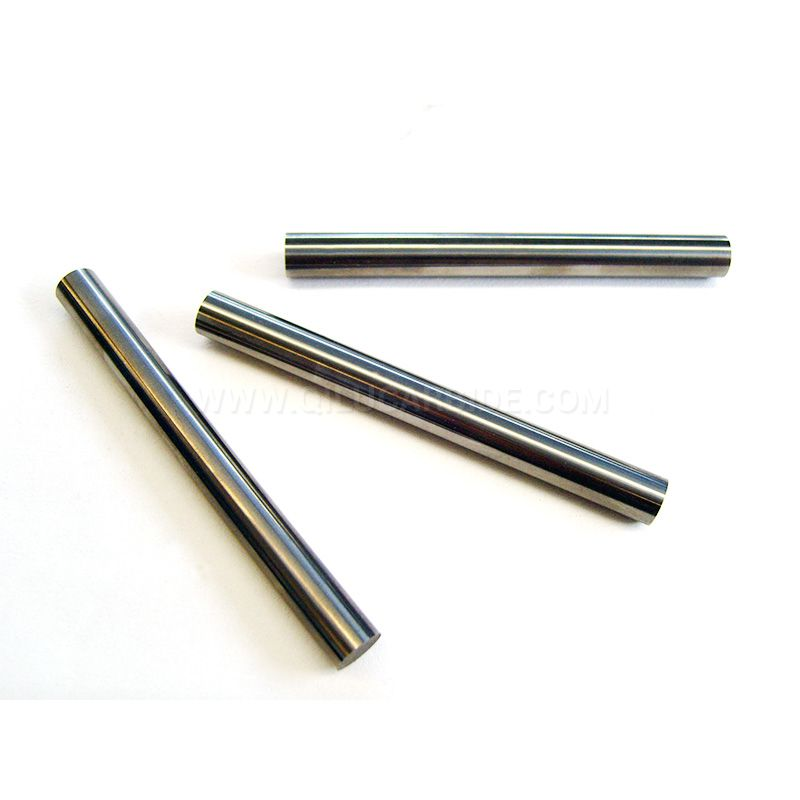The Ultimate Guide To Woven Wire Mesh Filters
Woven wire mesh filters are versatile and essential components used in various industries for filtration purposes. From separating particles to ensuring the purity of liquids and gases, these filters play a crucial role. In this ultimate guide, we will explore the key aspects of woven wire mesh filters to help you understand their importance and make informed choices for your filtration needs.
Understanding Woven Wire Mesh Filters:
Woven wire mesh filters consist of intersecting wires woven together to form a mesh structure. The weaving process creates a durable and flexible filter medium capable of capturing particles of different sizes. The mesh design allows for effective filtration while maintaining the flow of fluids or gases.

Applications and Industries:
Woven wire mesh filters find applications in various industries:
Chemical Industry: Used to filter corrosive substances and ensure product purity.
Oil and Gas: Essential for separating impurities from fluids in extraction and refining processes.
Pharmaceuticals: Employed in pharmaceutical manufacturing to achieve precise filtration of liquids and gases.
Food and Beverage: Ensures the removal of contaminants, maintaining quality and safety standards.
Water Treatment: Filters out impurities and particles to provide clean and safe drinking water.
Choosing the Right Mesh Size:
The mesh size of woven wire filters is a critical factor:
Particle Size: Select a mesh size that effectively captures particles of the desired size.
Flow Rate: Consider the required flow rate, ensuring optimal filtration without impeding the process.
Application Specifics: Tailor the mesh size to the specific needs of your industry or application.
Material Selection:
Different materials offer unique properties:
Stainless Steel: Resistant to corrosion, suitable for a wide range of applications.
Brass and Bronze: Provide enhanced chemical resistance in specific environments.
Monel and Inconel: Ideal for high-temperature and corrosive conditions.
Additional resources:
How do you clean a stainless steel teppanyaki plate?
Are glass beads safe for sandblasting?
Maintenance and Cleaning:
Proper maintenance ensures longevity and efficiency:
Regular Inspections: Periodically inspect the filter for wear and tear.
Cleaning Procedures: Follow recommended cleaning procedures to remove accumulated contaminants.
Replacement: Replace worn-out filters to maintain optimal filtration efficiency.
Customization Options :
Tailoring filters to meet specific requirements:
Mesh Type: Choose between plain, twill, or Dutch weave patterns.
Frame Options: Consider the use of frames or support structures for added stability.
Special Coatings: Apply coatings for additional protection against corrosion or chemical reactions.
Quality Assurance and Standards :
Adhering to industry standards is crucial:
ISO Certification: Ensure that the supplier follows international quality standards.
Testing Protocols: Verify that each filter undergoes rigorous testing for performance.
Compliance: Confirm that the filters meet industry-specific regulations and guidelines.
Conclusion :
In conclusion, woven wire mesh filters are indispensable in various industrial processes, providing efficient and reliable filtration solutions. Understanding factors such as mesh size, material selection, maintenance, and customization options is essential for making informed choices that align with specific needs.
For premium woven wire mesh filters, tailored to your industry requirements, feel free to contact us. As a trusted woven wire mesh filters supplier, we are committed to delivering high-quality filters that ensure optimal performance and longevity in diverse applications.[by chatgpt]
335
0
0





Comments
All Comments (0)